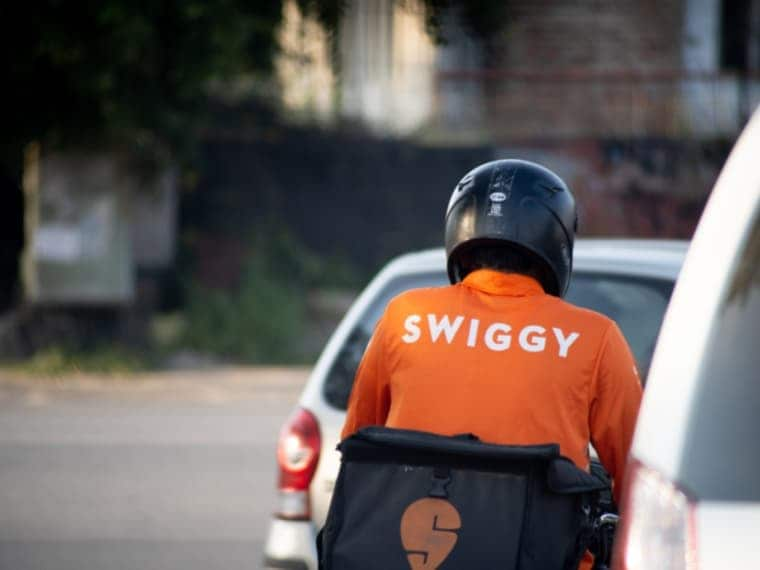Here's why Swiggy's doubling down on 10-minute delivery while Zomato retreats
Swiggy said Bolt is gaining traction, driving incremental demand without hurting margins.
ADVERTISEMENT
Swiggy appears to be pulling ahead in the race for dominance in India’s ultra-fast food delivery market, even as rival Zomato backs away from the sector entirely.
Swiggy’s advertising spend rises to Rs 977.7 crore in Q4 FY25; losses mount to Rs 1081 crore
In its latest earnings call for the fourth quarter of fiscal year 2025, Swiggy reported growing momentum for its six-month-old initiative, Bolt, which promises food delivery in under 10 minutes. The company said the service now accounts for more than 12 percent of its overall food delivery orders and is contributing incremental demand without eroding margins.
Swiggy noted that while average order values for Bolt are slightly lower than its platform-wide average, the economics remain favorable due to a 2-kilometer delivery radius that significantly reduces last-mile costs. The company also claimed that customers acquired through Bolt show a 4 to 6 percent higher monthly retention rate than the broader user base.
By contrast, Zomato has shuttered its rapid delivery services—“Zomato Instant” (previously "Quick") and “Everyday”—citing operational difficulties and the inability to deliver a consistent customer experience.
“We are actually shutting down both these initiatives as we are not seeing the path to profitability in these without compromising on customer experience,” Zomato Chief Executive Deepinder Goyal said during the company's recent earnings call.
Blinkit pushes into smaller cities amid intensifying quick-commerce competition
Zomato’s Chief Financial Officer Akshant Goyal added that the current density of restaurants and kitchen infrastructure does not support the kind of consistency required for reliable 10-minute delivery. Instead, the company plans to focus on incrementally reducing its current average delivery time of 30 minutes to around 20 to 25 minutes.
The divergence in strategy highlights the high-stakes experimentation under way in India’s food delivery landscape. According to a report by CNBC-TV18, while Zomato deemed the rapid delivery model logistically unsustainable and financially unrewarding, Swiggy appears more optimistic about its potential.
Swiggy has announced plans to expand Bolt to 500 cities, partnering with over 45,000 restaurant brands, including major quick-service restaurant chains. Whether this aggressive push will translate into long-term gains remains to be seen.


